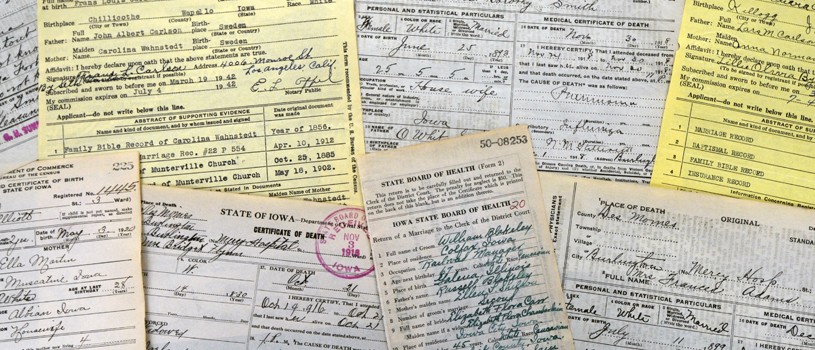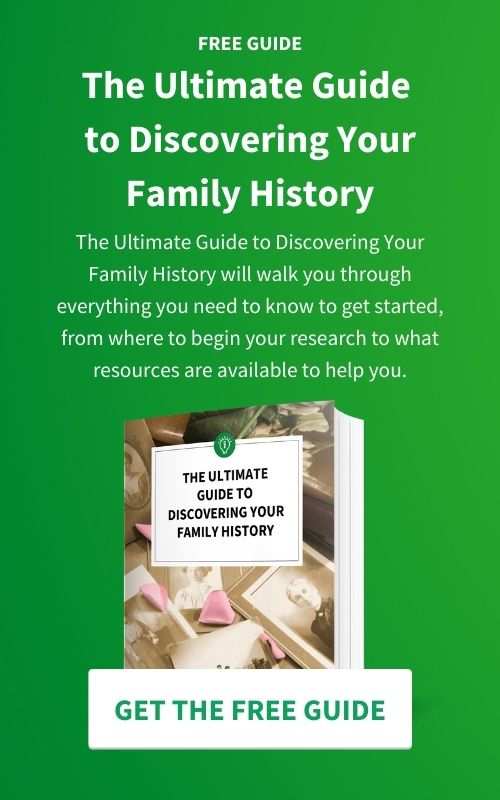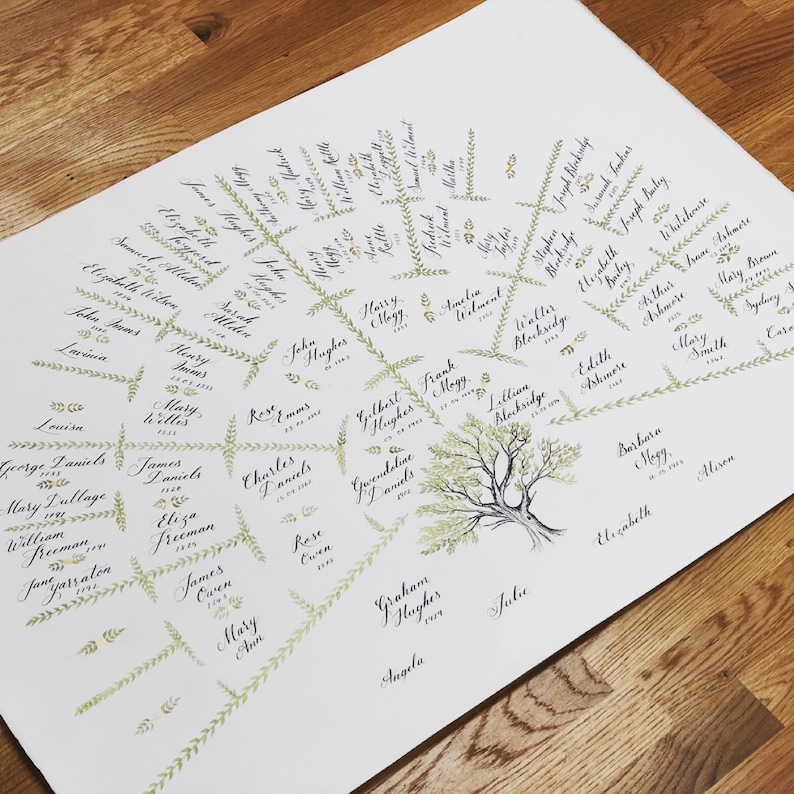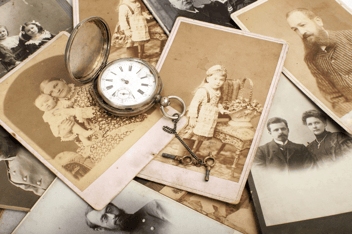The Importance of Preserving Old Documents, Letters and Papers
As your research your family history you may need to access old documents, letters and papers. However, these items can be difficult to find and preserve. Preserving old documents, letters and papers is important in order to maintain accessibility for researchers.
There are many ways that you can go about preserving old documents, letters and papers. One way is to scan them into a computer so that they are available digitally. Another way is to photocopy them onto acid-free paper which will help prevent the document from deteriorating over time. You could also keep the originals in a cool, dry place such as a storage locker or archive facility.
The importance of preserving old documents, letters and papers
There are many reasons why preserving old documents, letters and papers are important. For one, researchers often need to access these items in order to study them. Without proper preservation, these items can be difficult to find and may even be lost forever. Additionally, preserving old documents helps us to better understand our history and the people who came before us. It allows us a glimpse into the past that we might not otherwise have. Finally, by preserving these items we are ensuring that they will be available for future generations of researchers to enjoy and learn from.
Why preserving old documents is important for researchers
Researchers often need to access old documents, letters and papers in order to study them. However, these items can be difficult to find and preserve. Preserving old documents, letters and papers is important in order to maintain accessibility for researchers.
There are many reasons why preserving old documents is so important for researchers. First of all, these documents may contain valuable information that could help shed light on a particular topic or historical event. Secondly, they may be the only remaining evidence of a past civilization or way of life. Finally, by studying these materials, researchers can learn more about how people lived in the past and how they communicated with one another
How easy it is for these items to be lost or damaged over time
While old documents, letters and papers may be difficult to find and preserve, it is important to do so in order to maintain accessibility for researchers. These items can easily be lost or damaged over time, making them difficult or impossible to study. By taking steps to preserve these items, we can ensure that they will be available for future generations of researchers.
The best way to store and protect old documents, letters and paper
There are many ways to store and protect old documents, letters and papers. The best way depends on the type of document, the age of the document, and the desired level of protection.
One common method is to keep old documents in acid-free boxes or folders. This can help prevent damage from exposure to light or air pollution. Another option is to scan or photograph documents and store them electronically. This allows for easy access while still protecting the originals.
Whatever method you choose, it’s important to take care when handling these fragile items so that they can be preserved for future generations.
What can happen if proper care isn't taken with these items
If proper care isn't taken with old documents, letters and papers, they can become damaged or even lost. This can make it difficult for researchers to access the information they need. In some cases, this can lead to a loss of historical data that could be invaluable to future generations.
How digitization of records has helped in this area
With the digitization of records, it has become easier for researchers to access old documents, letters and papers. This is because digitized records are more easily accessible and can be stored in a variety of locations. In addition, digitization makes it possible to preserve old documents, letters and papers in their original form.
Conclusion
In conclusion, preserving old documents, letters and papers is important in order to maintain accessibility for researchers. By taking the time to properly store and protect these items, we can ensure that they will be available for future generations of researchers to study.
If you are interested in getting started on preserving your own family's history, we've got a great free template to help get you organized. Just click here to download it now.
To explore more insights on preserving family history, check out these related blogs.
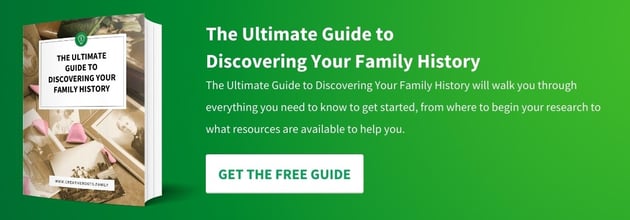

Article by Carol Walsh
Carol Walsh is the CEO of Creative Roots, a professional genealogy company. She has a passion for preserving family history and storytelling. Carol's research methodology centers around fact-finding and publishing in a format that readers can use to preserve the stories. Her ultimate goal is to help families connect with their past and each other.

